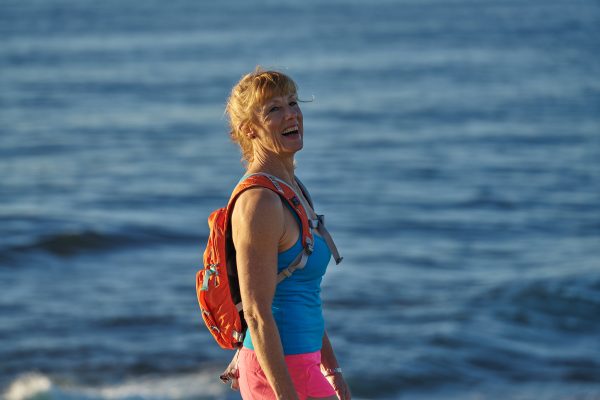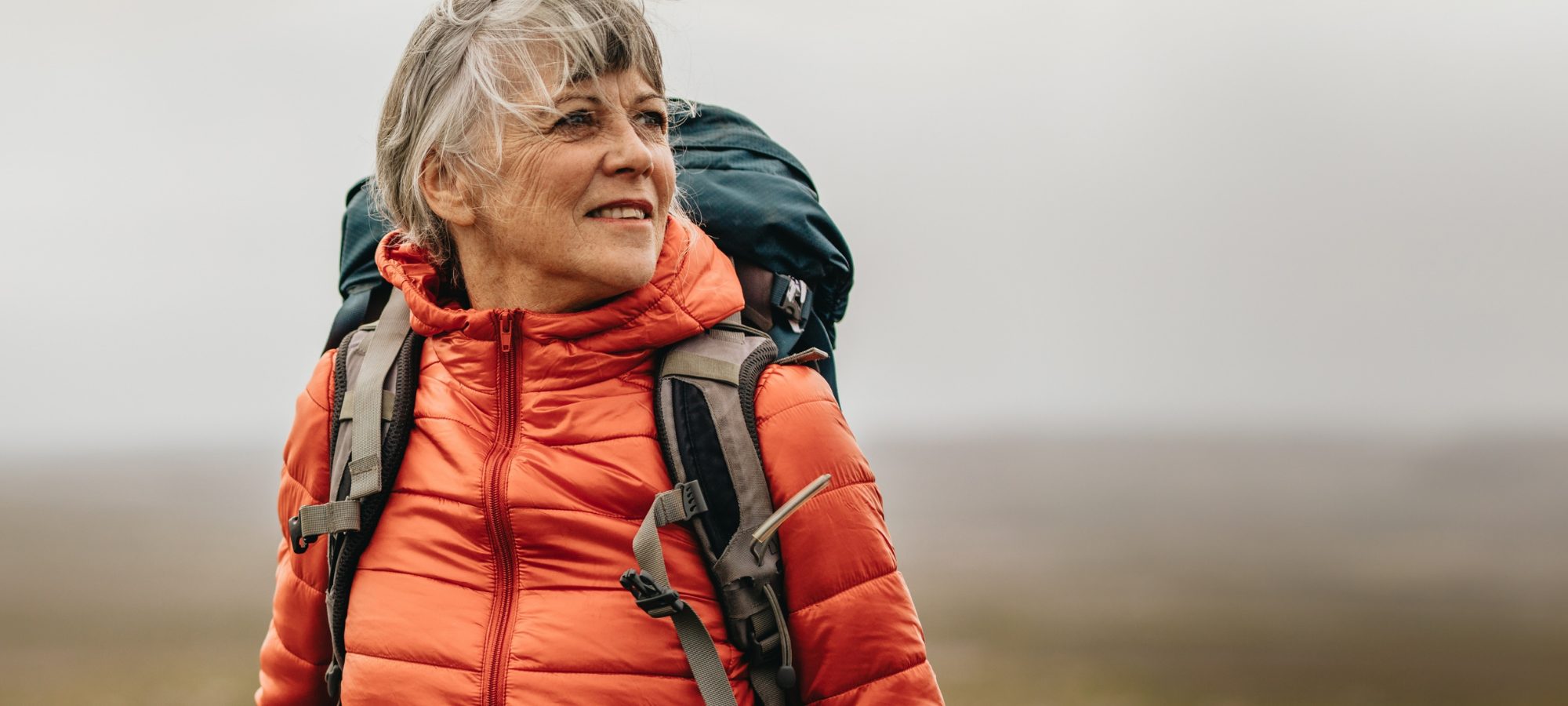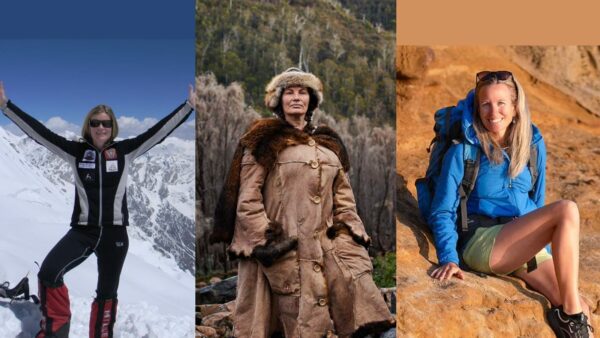Most of us have grown up thinking that losing strength and gaining weight are just part of growing old. We think that with each birthday after forty, we’ll get a bit saggier, a bit softer and a bit flabbier.
But is this in fact true? Is weight gain a fact of ageing?
Some would have us believe that our weight is out of our control. But for most of us, it isn’t.
A recent trip to Japan told me an interesting story. Over there, the old people look fitter, healthier and spritelier than the youngsters. And science now shows us why.
It turns out that weight gain has far more to do with activity patterns, nutrition and friends than it does with age. Weight gain is NOT a fact of ageing, according to the National Institute of Health.
And while many of us might remain healthy and happy adding a few kilos as we mature – as the societal expectation to ‘look hot’ diminishes and we prioritise more important things – there’s a limit to what’s good for our health, energy levels and longevity. It’s okay (in fact, fabulous!) to have cake on the couch occasionally, but living on the couch with cake for too long might not be the best thing for your wellbeing.
Weight gain can have serious implications for our health. Excess weight increases the risk of heart disease, type 2 diabetes, breathing problems and various types of cancer, including breast, colon and endometrial cancer.
As you get older, maintaining your usual weight seems more difficult and many of us gain weight around menopause. But menopause weight gain isn’t inevitable either. You can, in fact, alleviate many of the uncomfortable symptoms by sticking to healthy eating habits, leading an active lifestyle and surrounding yourself with healthy people. But that’s not to say that menopause won’t change your body. Menopause can concentrate weight on your tummy rather than your thighs, so you might feel as though you’ve gained weight even if you haven’t. And that’s okay. Our bodies change as we age, and that’s all part of the wonder of life.
One health issue associated with gaining weight is that many of us lose muscle mass and gain fat mass as a result lack of weight lifting activities. This decreases the rate at which our bodies use calories, because muscle requires more energy to sustain itself than fat. This can slow your metabolism, which makes it more challenging to maintain a healthy weight. The more muscle you have, the more calories are required, so you can eat to nourish your body and more easily maintain a healthy weight. And the best way to maintain your muscle mass is to do weight-bearing exercise and lift heavy things at every age.

Here’s how it works.
The rate at which our bodies burn fuel from food shifts throughout the day based on the various physical activities we do. Unfortunately, the rate at which we digest our meals and burn energy can’t be altered significantly enough to cause weight loss unless we take up Iron Woman training or become labourers.
To avoid weight gain as we age, regular daily movement is crucial. That’s where the 10,000 steps comes into play. To keep your activity levels up, you might choose to take the stairs at work, walk to the corner shop, sack your cleaner, have more sex and go hiking every weekend – every little bit counts. But to maintain muscle tissue we also need to lift heavy things with all parts of our bodies.
Walking in nature is scientifically proven to improve your health and vitality as well as preventing weight gain, boosting your immunity, memory, creativity and mood. In fact, a Harvard University study found that walking reduces your risk of chronic diseases such as heart disease, stroke, diabetes, obesity, Alzheimer’s, dementia, anxiety, depression and stress by up to 50%.
To prevent weight gain and for your body and brain to function optimally, you need to move a lot, puff a little and lift heavy things regularly. These three activities provide not just an elixir, but therapy for wellbeing.
Here’s a health prescription for those who want to prevent weight gain:
Move means walk 10,000 steps daily. You should integrate this into your daily life and measure it with an iPhone Health App, an android Health App or a Pedometer.
Puff means getting your heart rate up by going up and down. The simplest way to do this is to integrate stairs, hills and/or ramps into your daily life. You should aim for 10 stair sets daily and 50 stair sets on the weekend. Measure this with your health app.
Lift means lift heavy things like your body weight using your arms, legs and core muscles for 20 minutes at least twice a week. This might mean climbing trees, adding weight to your backpack and carrying your heavy groceries up the stairs.
In a nutshell, you need to walk daily, walk in nature weekly a nd lift heavy things regularly. And note that frequency trumps intensity if you want to be healthy, so doing it daily is key.
But there’s no denying that if you don’t want to gain weight as you age, you also need to eat real food, mostly plants, not too much, and keep up the protein immediately after you lift heavy things.









